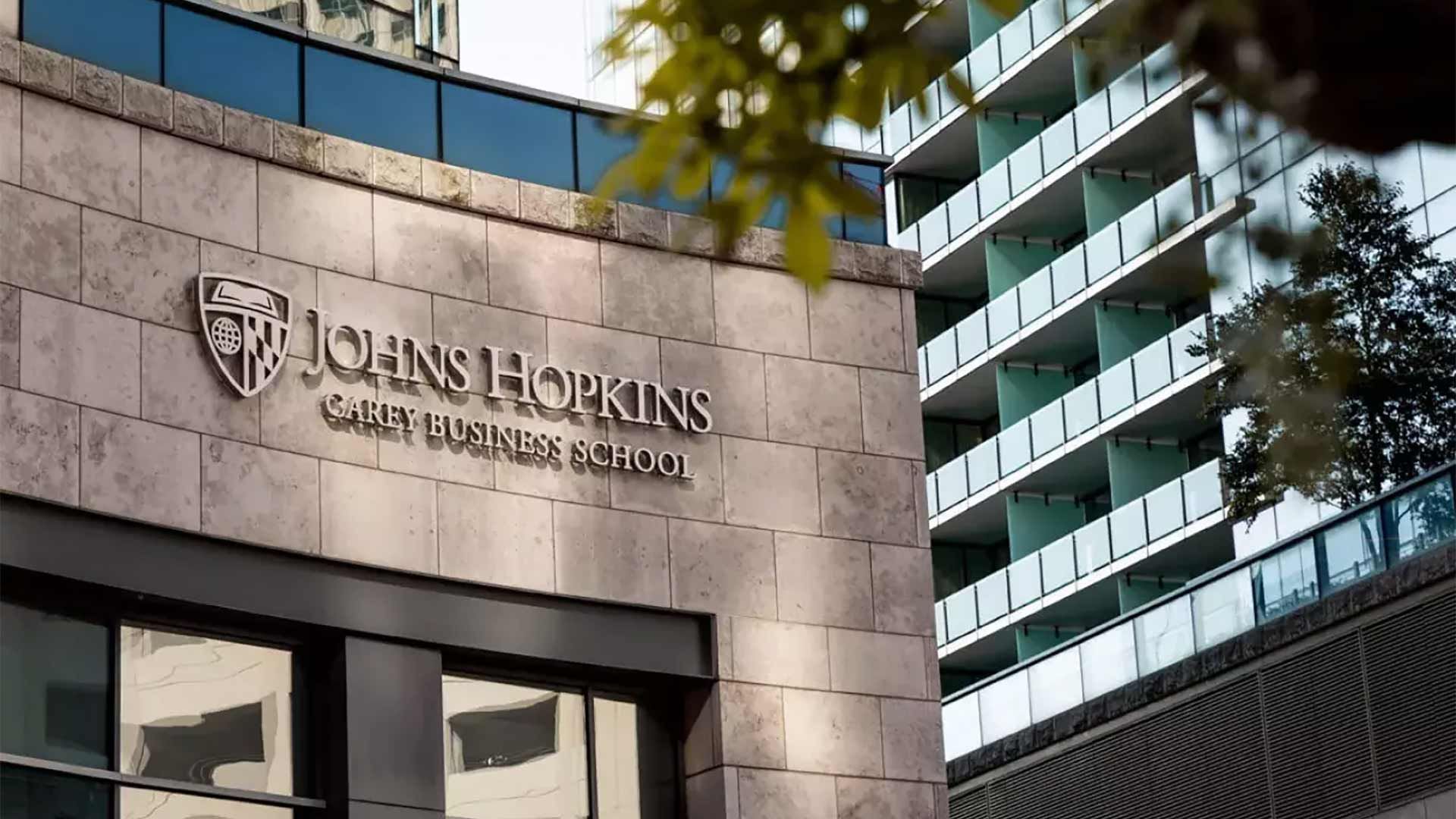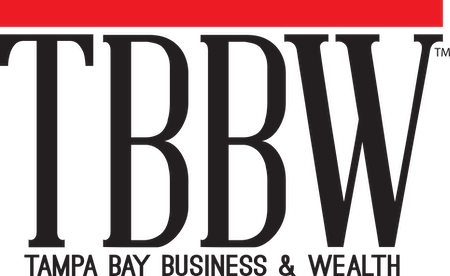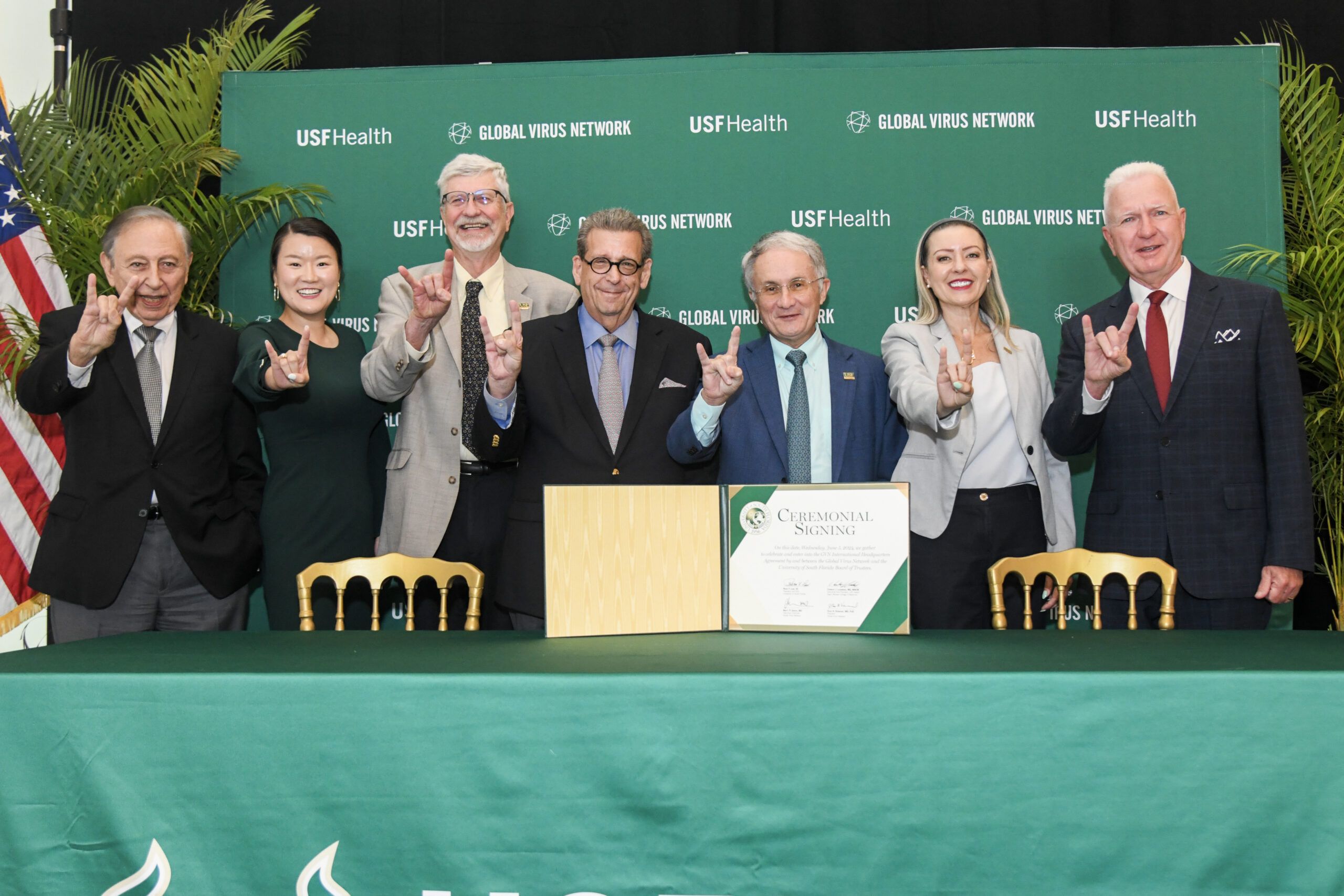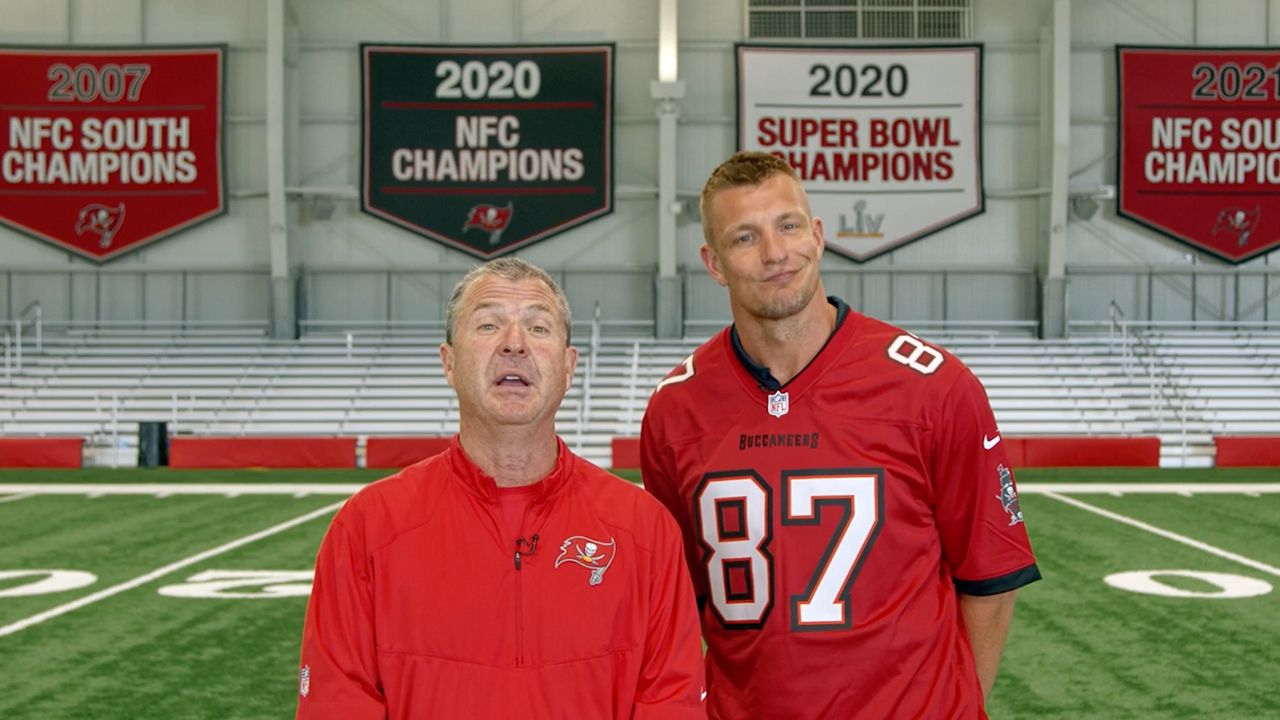Settling into the long Florida summer, industries and individuals are still grappling with the new normal in the aftermath of the COVID-19 pandemic. Even as our community, and business leaders, move forward with safety protocols for the re-emerging economy, families and companies are moving forward with positive lessons learned throughout the crisis. As John F. Kennedy once pointed out crisis, when written with Chinese characters, is composed of two pictographs: one means danger the other, opportunity.
Like a cool drink from a half-full glass of water, TBBW focuses on the opportunities this crisis engenders across three key industries: education, health and information technology.
Education
School districts across the Bay area agree: the crisis brought an opportunity to enrich community relationships. As educators, and staff, gave up their spring break to rapidly prepare for virtual learning, communities responded.
Addison Davis, superintendent of Hillsborough County Public Schools, explains, “Our community rolled up their sleeves and put their shoulder to the wheel to make great things happen for our students. It’s been such an inclusive process between instructional staff, leaders, noninstructional staff and our wider community, where we’ve all worked in concert to improve and continue the educational experience.”
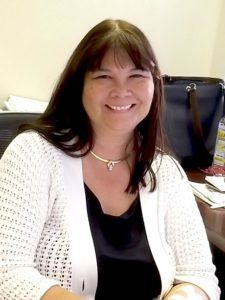
Adds Mitsi Corcoran, interim superintendent for Sarasota County Schools, “It has been a humbling experience to watch our community rally around the need to be safe. We have a large population of elderly community members here in Sarasota, and I believe that by closing the schools quickly, we played a significant role in stopping the spread locally and saving lives.”
In Manatee County, the district faced a special challenge: how to provide internet access for households denied free Wi-Fi because of outstanding debts. Manatee formulated a plan to deploy unused school buses to bring routers to high-need, heavily populated neighborhoods. Explains Manatee County Schools superintendent Cynthia Saunders, “The partnerships we were able to develop with our local pastors and church communities was one of the brightest spots of the crisis. Our chief technology officer proposed the idea, we devised the plan collaborating with our drivers, and then made it happen by working with local church leaders who offered places for the buses to park.”
The superintendents also credit their parent community. As Davis says, “Our parents had to step up during this process, not only to transition themselves to working remotely or, if essential workers, to continue their work but by becoming and continuing to be, the first educator to help our children in the home.”
Corcoran adds, “One of the positives is the enormous appreciation our parents and community members have shown towards the work our teachers do every day. Not only through daily distance learning, but also the realization of a teacher’s role outside of the classroom as a support group for their children to thrive.”
The private sector, too, saw their communities come together. As Kevin Plummer, head of school at Tampa Preparatory says, “our community displayed an amazing level of resilience to manage full-scale evolution: professional development for faculty, the manipulation of curriculum, the introduction of an all-new delivery system to families and students, in an incredibly short window, to deliver the best-fit educational experiences under these adverse conditions.”
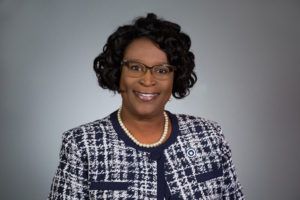
One local educational institution already working closely with the community is St. Petersburg College. Tonjua Williams, president of SPC, believes it was an opportunity for every level of the school community to rise. “Leadership in this time of crisis fully exposed the empathy, strength in communications and opportunities to be creative and ‘walk the talk’, regarding our community of care. It also allowed many, many people to step up and exhibit their leadership abilities, which is empowering and life-changing, professionally and personally.”
From quickly raising emergency funds, for students in financial need, to donating equipment to local hospitals and food from campus pantries, to hosting popular webinars on community issues, SPC deepened their community connections across the board. Williams concludes, “Our community of care is so vital to SPC and this crisis enabled us to answer, how can we care for our people?”
Hillsborough Community College also answered the community call with health equipment donations and by offering their campuses as food distribution sites for those hit hard financially. But it was also a learning opportunity to broaden HCC’s virtual curriculums, as President Ken Atwater explains: “There was so much immediate collaboration that our online and remote learning processes improved tremendously. We’ve learned to work more effectively, and more quickly, in a virtual environment and to expand into virtual events like art shows or graduation. It’s always been a part of 21st-century learning but now online, and remote, learning is part of our educational DNA and will play a more crucial role in the future.”
SPC created a new bachelor’s program to meet demand in the field of cybersecurity and HCC increased its online offerings to serve the growing population, seizing the opportunity to retrain. “We’re encouraging people to come back for coursework if you’re looking for re-careering or enhancing your career,” Atwater says.
Regardless of where students will be, physically, in the fall and beyond the area’s educational institutions are ready.
Health Care
Education and health opportunities merged because of the critical research taking place in local hospitals and at the University of South Florida’s Medical School alongside its education, research and clinical center, USF Health. The dean of USF’s Morsani College of Medicine, Charles Lockwood, explains, “USF’s strength, our secret sauce, is innovation. We’re so proud of being a preeminent university that constantly pushes research and innovation. That’s the benefit of having a large university, in an urban setting, with the further clinical presence of USF Health. During this crisis, all innovative strategies developed at light speed.”
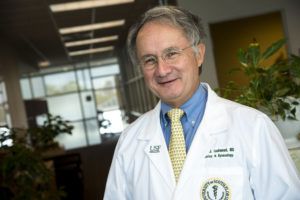
From USF’s quick design of 3D nasal swabs for use with testing, aiding the demand across the nation, to the creation of viral transport media, or surveillance systems, for tracing the disease and predicting hotspots, the opportunities for innovation have abounded in the crisis.
As Jason Wilson, medical director of the clinical decision unit in the emergency department at Tampa General Hospital, points out, it’s been vital for those on the front lines to reconnect with what’s most important.
“When you think of burnout among physicians, and nurses, a lot of that burnout comes from a disconnect between what frontline workers know to be most important for patient care and what other tasks are loaded onto them every day,” Wilson says. “In responding to the crisis, the way we do business on a daily basis drastically changed. Suddenly, we didn’t have room for operational silos, there wasn’t space for bureaucracy and there wasn’t the time, nor the tolerance, for anything that didn’t ensure the patient experience would be improved immediately. We faced a mission-critical event that we’ve never seen before and we were given the chance to reimagine our daily work lives to best benefit the patients. And that brings a lot of joy back into work.”
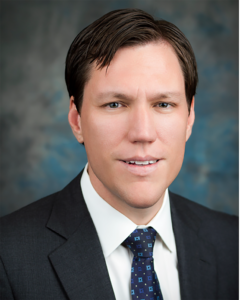
Wilson describes reconfiguring the TGH emergency spaces, already custom-built to tackle respiratory illness, with quarantined spaces. But the key was in the collaboration between all medical coordinators throughout the hospital. “It renews our sense of purpose,” Wilson continues. “To focus, and work, daily on a common goal brought a higher sense of urgency and purpose. With COVID, the whole world was given a pause to imagine how daily life can change, but at TGH, we were given the extra ability, time and resources to do what we imagined, to redesign health care at the local level, with a patient-centered, interdisciplinary, team-based approach.”
Another unexpected growth area was the boom in telehealth and the rapid improvement of online services for patients. “Nationally, the crisis sparked an increase in telemedicine of 375% over the last couple of months,” says Jacquelyn B. Cawley, vice president and chief medical officer for ambulatory care and clinical integration at BayCare Health System, “and we, at BayCare, leveraged the technology to meet our community’s needs for information, for guidance, for medical care online. Just as we have our bricks and mortar hospitals, and practices, we’ll be able to offer the same kind of virtual care going forward to support our community efficiently and to allow uninterrupted access of care.”
During the crisis, BayCare saw a leap in its 24-hour, on-demand telemedicine service, BayCare Anywhere, and added a “nurse triage” service to specifically tackle the uncertainty over COVID-19. It also implemented another online app, COVID-19 Screening, so that patients could receive expert guidance by entering their symptoms online, later allowing BayCare to trace and offer follow-up care. “Our medical providers also brought their services online,” Cawley continues, “and embraced virtual visits with their patients, over 20,000 virtual visits in April alone.”
USF Health and TGH also stepped up their efforts in telehealth and virtual care, and Lockwood credits technology for allowing USF to continue its physician education without pause: “We were able to convert not simply our lectures, but also our small-group learning, our standardized patients, our simulations, our case studies, all onto Microsoft Teams— in a remarkably short period, with strong satisfaction from our students. It was a blessing in disguise as it forced us to roll things out at a greatly accelerated rate.”
A final opportunity for the Bay area was the chance to unite. “TGH, Advent Health, BayCare, USF Health and others have come together for a special, interhospital project to share resource availability and utilization across all institutions, in addition to sharing COVID patient data,” Wilson explains. “We put aside any competition to share critical information, all housed in an IT dashboard at TGH, where the hospital leaders and the secretary of state can access it.”
Adds Cawley, “We’ve been working together as an entire health care community, sharing what is working for us, what our data looks like and sharing resources and spaces.”
“In health care, you hate for bad things to happen,” Cawley concludes, “but whenever you can, use those opportunities to care better for the community and it can become a good thing.”
Information Technology
With a wide spectrum of industries embracing virtual solutions to pull through the crisis, companies and investors supporting digital platforms are thriving. We asked Dave Wirta, president of Community Brands, about the opportunities the crisis has created.
“Community Brands has a common thread of what we provide to our customers: cloud-based software and digital payment solutions,” Wirta says. ‘We do that specifically for what we refer to as ‘purpose-driven organizations’: associations, nonprofits, faith-based groups and independent [primary] schools. The purpose-driven aspect of our clients revealed how critical it is, in this time of need, to support them in their missions and has been a real incentive to our team in how we operate.”
Wirta cites “incredible innovation” as the company answered the forced shift to online events and fundraising, an opportunity for growth their customers required. “There’s been an explosion in digital giving, and we’ve seen substantial uptake in that regard, over 140,000 new ‘giving-user’ accounts to enable digital giving and tithing to their churches,” he says. “We’ve also created a solution for churches called church streaming. Essentially, it allows a church to put their sermon online so that their congregants can participate virtually through a streaming service.”
With more than 2,000 churches signing on, Community Brands applied the same technology to help its schools create options for virtual graduation and information gatherings, or for nonprofit organizations to host fundraisers online. “I’m just so proud,” Wirta says. “We rose to the challenges to allow the organizations we serve to continue to accomplish their purposeful missions, despite the disruptions.”

Another Bay area tech company, Vology, specializing in managed IT services, saw a similar demand for digital innovation and leveraged the situation to protect its staff. Steve Torres, president of Vology, explains: “The COVID 19 impacts ultimately enabled our leadership team, who are fairly new, to come together immediately. It was an opportunity to collaborate quickly, and efficiently, and to immediately develop a commitment to our employees that the last thing we would do is conduct layoffs, furloughs, cut salaries, or cut benefits.” Torres adds, “We’re an employee-experience driven organization and it was a chance to put employees first.”
It was an opportunity that came with the crisis, as Vology saw increased demand for its services. “Today, being able to operate remotely is on every company’s radar. Those technologies are part of our core offerings and we’re going to make sure we keep aligning with our client’s changing needs to be able to operate in a remote work environment,” Torres says.
“As we look forward, a lot of the challenges companies are facing, and how they’re responding to the situation, is built on the back of the solutions we can provide.”
Jeremy Wilson, executive vice president of Vology’s Services Operations, adds, “It was also an opportunity to learn from our customers because they needed help making this pivot to remote work, and we were able to adopt some of the solutions we created for our clients. Collaboration increased greatly.”
“Productivity and collaboration, across the organization, are at an all-time high,” agrees Torres, “ and it’s enabling us to advance our strategy faster than what we were doing before the crisis.”
Investors, too, are aware of these opportunities. Tom Wallace, managing partner of Florida Funders, an investment firm focused on early-stage tech companies, says, “There’s a lot of positives that will come out of this. Adversity makes us all stronger and strength comes from overcoming that adversity. If you look at the last downturn in 2008 at the funds we invested in that year, those are the investments that did well, because in times of crisis there’s an outpouring of creativity and imagination. For our investors who have the funds to support new initiatives, we’re going to be able to take advantage of truly innovative opportunities.”
At the same time, Wallace says it’s an opportunity for tech companies to reevaluate profitability and embrace critical change. “We’ve coached our companies that they can’t count on easily raising money for the next 12 or 24 months,” Wallace explains. “We were due for a downturn, to be honest, as it’s been a bull market for early-stage tech for years. It’s a chance for us to return to our core principles in investment: cut your burn, extend your runway and cash is king. From an investor’s standpoint, it’s good. We’re going to be able to take advantage of new opportunities and face the necessary changes within the industry.”






